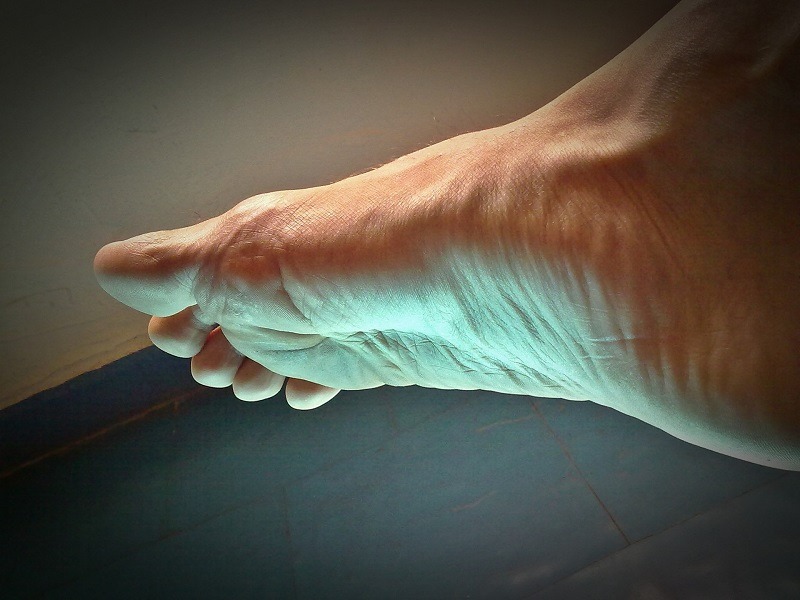The US Food and Drug Administration (FDA) has approved an update to the label for Sanofi’s Dupixent (dupilumab), which now includes efficacy and safety data for patients aged 12 years and older with atopic dermatitis, specifically addressing moderate-to-severe hand and foot involvement.

The trial’s primary endpoint was the proportion of patients achieving clear or almost clear skin on hands and feet at 16 weeks. Credit: (El Caminante) from Pixabay.
Subscribe to our email newsletter
This label update is based on findings from the Phase III LIBERTY-AD-HAFT trial, the first to evaluate a biologic for this patient group.
Dupixent, a fully human monoclonal antibody, inhibits the signalling of the interleukin-4 (IL-4) and interleukin-13 (IL-13) pathways. It is not an immunosuppressant.
The development programme for Dupixent has highlighted its significant clinical benefit and its role in decreasing type 2 inflammation in multiple related diseases.
The LIBERTY-AD-HAFT trial involved 133 adult and adolescent patients with atopic dermatitis who had not responded adequately to topical corticosteroids.
Its primary endpoint was the proportion of patients achieving clear or almost clear skin on hands and feet at 16 weeks. The trial demonstrated that 40% of patients treated with Dupixent reached this goal, compared to 17% with placebo.
Additionally, 52% of Dupixent-treated patients saw a clinically meaningful reduction in itch on hands and feet, compared to 14% who received placebo.
Currently, Dupixent is approved in more than 60 countries for various indications including atopic dermatitis, asthma, and other conditions driven by type 2 inflammation.
The development of dupilumab, a joint effort by Sanofi and Regeneron, has involved more than 60 clinical trials with over 10,000 patients.
Regeneron president, chief scientific officer and board co-chair George Yancopoulos said: “Dupixent has been used to treat hundreds of thousands of patients with moderate-to-severe atopic dermatitis around the world since its initial US approval in 2017, and we are pleased that Dupixent is now the first biologic with data in the label supporting its use in this particularly challenging subset of the disease.”
 Advertise With UsAdvertise on our extensive network of industry websites and newsletters.
Advertise With UsAdvertise on our extensive network of industry websites and newsletters.
 Get the PBR newsletterSign up to our free email to get all the latest PBR
news.
Get the PBR newsletterSign up to our free email to get all the latest PBR
news.

